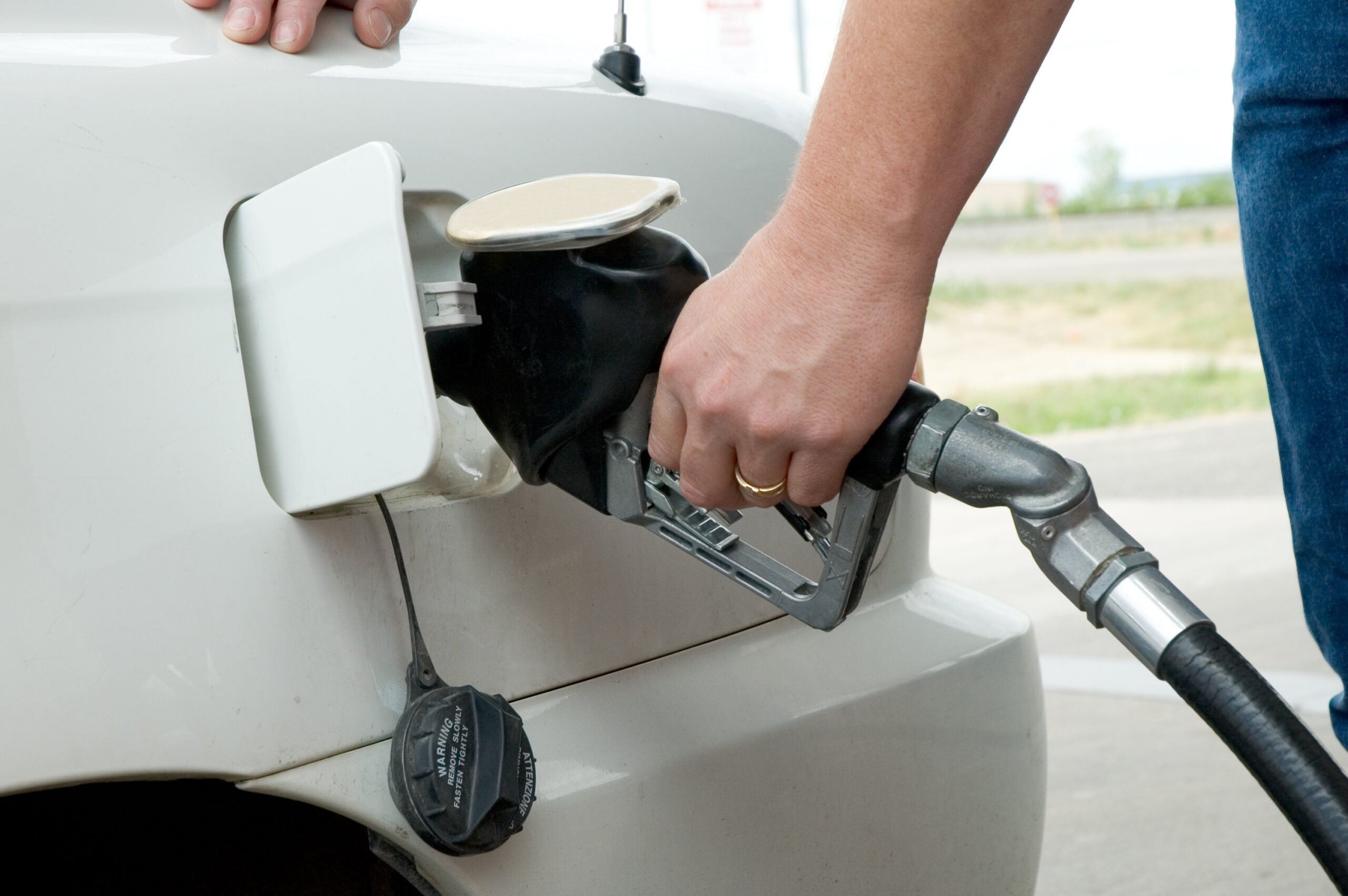Trenton, NJ – May 1, 2025 – A bipartisan vote in the U.S. House of Representatives has cast doubt on New Jersey’s ambitious plan to phase out the sale of new gasoline-powered vehicles by 2035, as Congress moved to block California’s similar mandate, which New Jersey’s policy follows.
All of New Jersey’s Democrat congress members either voted in favor of the ban or did not vote.
On Thursday, the House passed House Joint Resolution 88 by a vote of 246-164, disapproving a rule submitted by the Environmental Protection Agency (EPA) that granted California a waiver to implement its Advanced Clean Cars II (ACCII) regulations.
These regulations, set to require 100% of new light-duty vehicle sales to be zero-emission by 2035, serve as the blueprint for New Jersey’s own gas car ban, announced by Governor Phil Murphy in 2023. The resolution, which saw 35 Democrats join 211 Republicans, declares the EPA’s waiver to have “no force or effect,” potentially undermining the legal foundation for states like New Jersey to enforce such mandates.
New Jersey’s Plan and Its Reliance on California
New Jersey’s Department of Environmental Protection (DEP) adopted the ACCII rule in November 2023, committing the state to gradually increase the percentage of zero-emission vehicles (ZEVs) sold, starting with 51% of new car sales by 2027 and reaching 100% by 2035. This move aligned New Jersey with a coalition of states, including New York, Massachusetts, and Vermont, that follow California’s stricter vehicle emission standards under Section 177 of the Clean Air Act.
The federal waiver, granted in December 2024, allowed California to set these standards, which other states could then adopt.
Governor Murphy championed the policy as a critical step toward reducing greenhouse gas emissions, which transportation accounts for 35% of in New Jersey, and improving air quality.
Ad: Save every day with Amazon Deals: Check out today's daily deals on Amazon.
“The steps we take today to lower emissions will improve air quality and mitigate climate impacts for generations to come,” Murphy said at the time. Environmental groups, such as the New Jersey Sierra Club, hailed the decision as a “huge win” for public health and the environment.
However, the House’s vote to nullify the EPA waiver jeopardizes New Jersey’s ability to enforce its ban.
Without California’s waiver, states adopting its standards may lack the federal authority to impose such regulations, leaving New Jersey’s policy vulnerable to legal challenges or outright invalidation.
Some New Jersey lawmakers also voiced skepticism about the ban’s feasibility. Senate Budget Chair Paul Sarlo, a Democrat, previously stated at a 2023 NJBIA forum that the 2035 timeline was “not happening,” citing affordability and infrastructure issues. The House vote may embolden state legislators to revisit or challenge the DEP’s rule, which was implemented administratively and not through legislation, making it susceptible to reversal by a future administration or legislative action.
What Happens Next?
The resolution now heads to the Senate, where its fate remains uncertain. A simple majority is needed to pass, but the bipartisan support in the House suggests it could gain traction.
If approved, the resolution would go to President Donald Trump, who has expressed opposition to EV mandates and is likely to sign it, given his administration’s focus on deregulation. However, even if the Senate rejects the measure, the vote signals potential legal and political hurdles for New Jersey’s plan.
For New Jersey drivers, the immediate impact is minimal, as the ban’s requirements do not begin until 2027.
